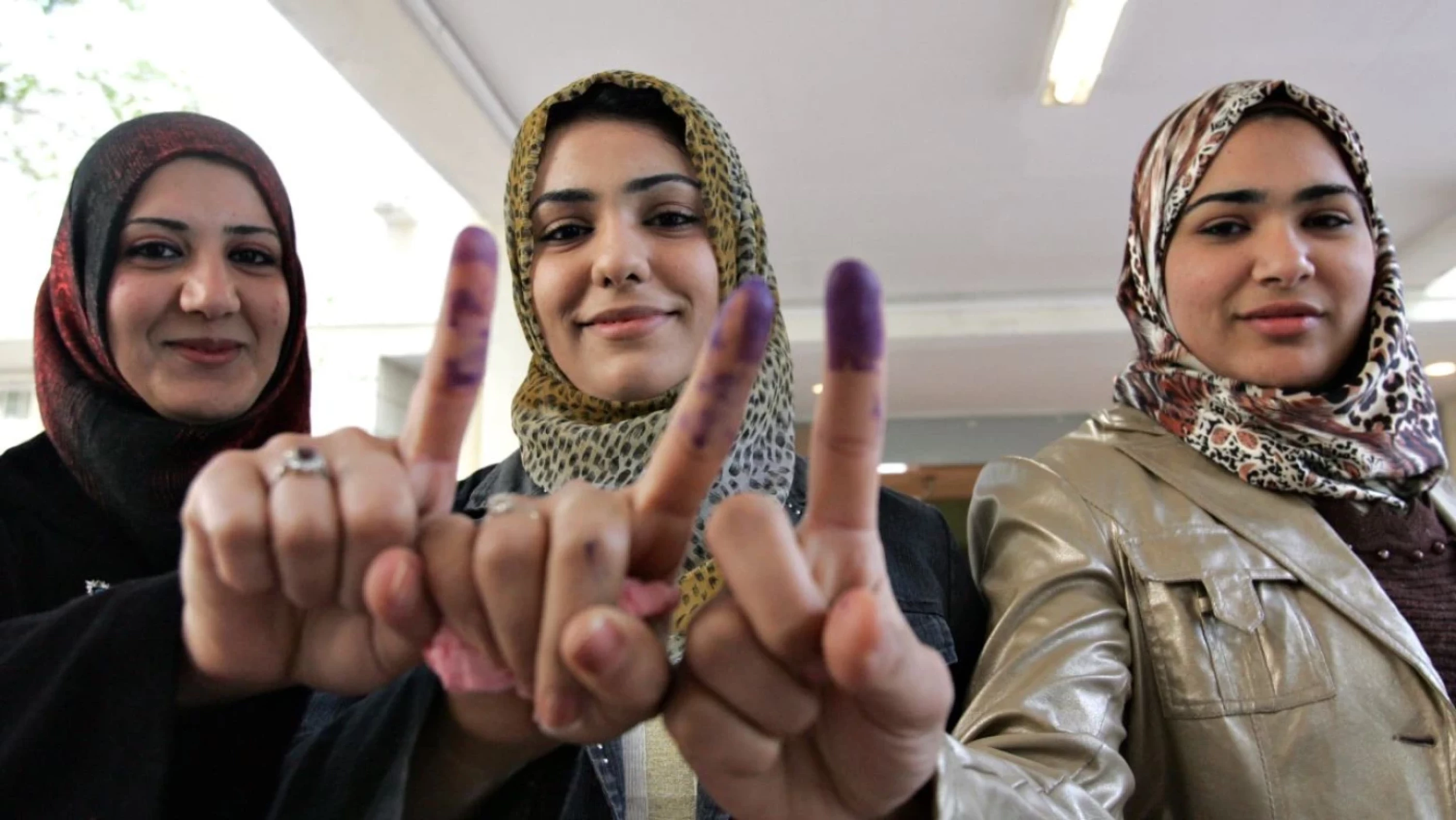ERBIL, Kurdistan Region of Iraq - As Iraq’s parliamentary elections approach, discord is growing over the role of political funding and media manipulation in shaping the vote, with observers and researchers warning that media has turned into a paid arena where image, message, and information are managed.
Iraq is set to hold its parliamentary elections on Tuesday, where over 7,750 candidates compete for the 329 seats allocated across the provinces under a proportional representation system.
Campaigning for the elections began on October 10, and is set to last nearly one month, ending with a silence period slated for November 8 at 7 am, after which campaigns must be immediately halted, with researchers and experts warning of the influence that funding and biased media coverage cast on the democratic process.
Buying TV ads and news coverage
A former campaign manager, who requested anonymity, said that “some candidates don’t stop at buying TV ads; they actually buy the news coverage itself.”
He described specialized offices that offer services to produce positive coverage in news bulletins or field reports presented as neutral journalism, but in reality, they are fully funded by the candidate.
Observers note that there is no transparency in revealing the sources of media funding, and that neither the Electoral Commission nor the Communications and Media Commission has effective mechanisms to monitor actual campaign spending.
A tool to demonize rivals
Academic and Iraqi media researcher Zainab al-Saadi said that “political funding now determines who is seen and who is heard in the media space.”
“When a candidate or a party owns a TV channel or funds large pages on Facebook and TikTok, they are not presenting an electoral program,” she said. “They are building a full environment that promotes a perfect image of themselves and demonizes their rivals.”
Digital marketing expert Mohammed al-Akili said that “digital election campaigns have become more influential than television campaigns because they target specific audiences precisely, using people’s emotions, religious or national feelings, and even their political frustration to influence their decisions.”
The answer, observers say, is almost no one. Iraqi laws set a financial ceiling for campaign spending but do not clearly explain how to monitor media expenditures.
The Electoral Commission also lacks financial or banking tools to track the flow of funds used for propaganda. Most advertising contracts are made outside official channels, often under fake names or through intermediaries.
Legal loopholes
Legal expert Ahmed al-Rubaie said that “current election laws do not keep up with the new media reality, as a large part of campaigning is now run online, a space that is difficult to track financially or legally. Even satellite channels use legal loopholes by offering promotional content under the names of talk shows or special coverage.”
He added that “political money does not only appear in the media but reaches directly to the public. Weeks before elections, sudden charity campaigns or service initiatives start in poor areas, distributing blankets, food baskets, or fixing streets through associations supported by candidates. In all these scenes, the media is part of the show.”
Pressure and risks for journalists
A local reporter in Baghdad, who asked not to be named, said there is “heavy pressure from channel management to cover the activities of specific candidates only because they are the main financiers of the channel.”
“The journalist who refuses this finds himself excluded from coverage or moved to another department,” he added.
Some journalists acknowledge that financial competition also shapes news content. “The more money involved, the higher the quality of visuals, production, and technology, but the closer it drifts toward propaganda. While some media outlets sell election airtime at fixed rates, others depend on political deals that promise them future backing or protection.”



 Facebook
Facebook
 LinkedIn
LinkedIn
 Telegram
Telegram
 X
X


